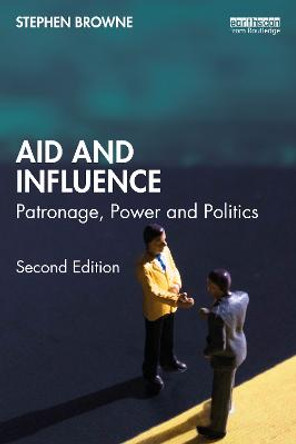Description
'The World Bank needs India more than India needs it.' So goes an emerging consensus on both sides of the relationship between the Bank and its largest borrower. This book analyzes the politics of aid and influence. The Bank, struggling to remain relevant amid India's recent rapid growth and expanding access to private capital, has been caught up in a complex federal politics of reform and development. India's central government - far from being in retreat - has been the main driver of dramatic changes in the Bank's assistance strategy, leading toward a focus at the sub-national state level.
This book analyzes the politics of aid and influence between the Bank and its largest borrower.
About the Author
Jason A. Kirk completed his PhD with major fields in Comparative Politics and International Relations from the University of Pennsylvania in 2005. He currently works as Assistant Professor of Political Science at Elon University, North Carolina. His recent publications include 'Indian-Americans and the U.S.-India Nuclear Agreement: Consolidation of an Ethnic Lobby?', printed in the journal 'Foreign Policy Analysis'.
Reviews
'Since the World Bank's inception in 1944, India has been its largest borrower. Jason Kirk's lucid study charts the dynamics and evolution of this relationship, focusing on the period after 1991, when India's economic reforms firmly took hold. [...] Kirk's careful and well-written account will profit scholars of South Asia, the political economy of federalism, and international financial institutions. Policy-makers should also find much to ponder.' -Gareth Nellis, Yale University, 'Contemporary South Asia'
Book Information
ISBN 9780857284129
Author Jason A. Kirk
Format Paperback
Page Count 304
Imprint Anthem Press
Publisher Anthem Press
Weight(grams) 590g
Dimensions(mm) 229mm * 153mm * 26mm






